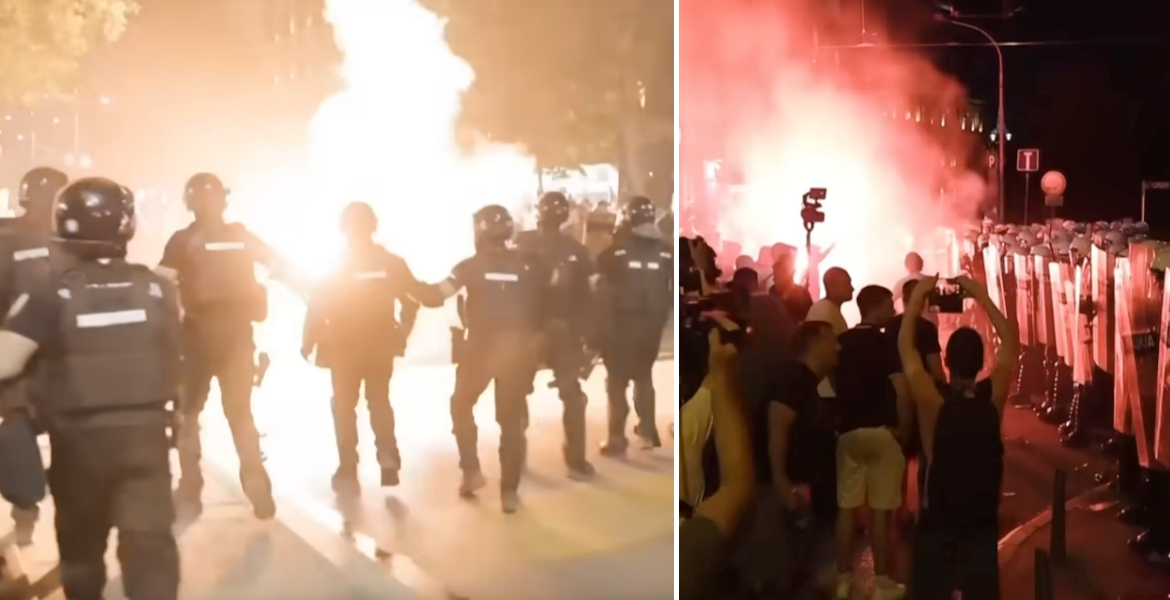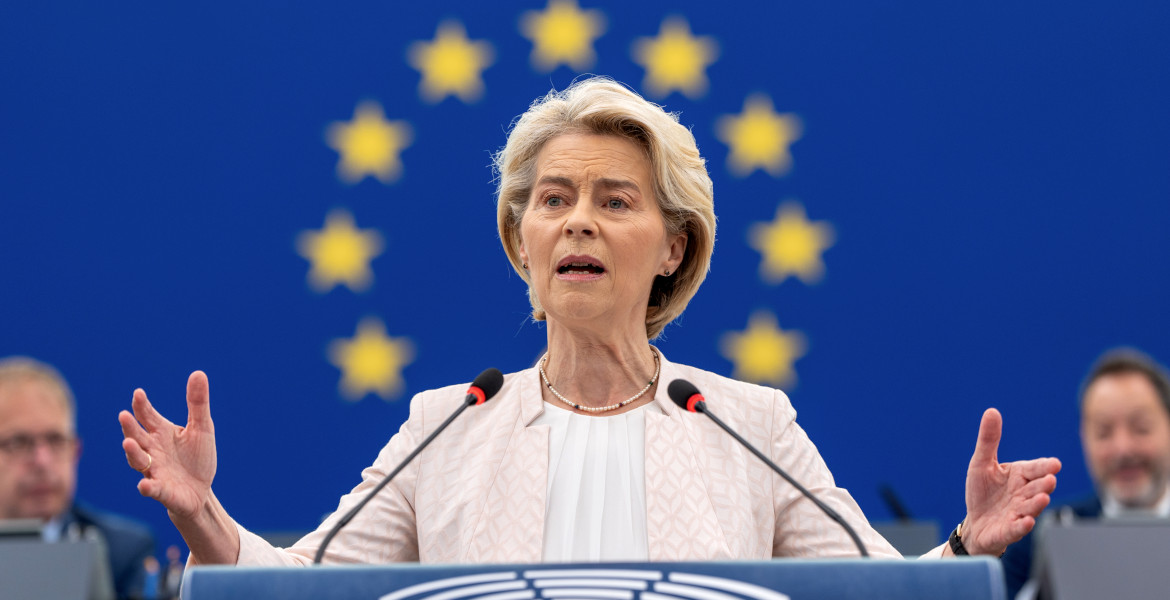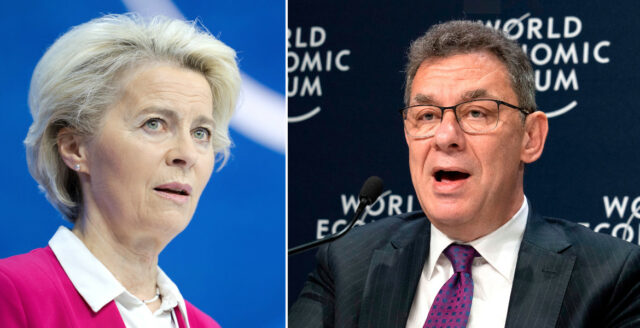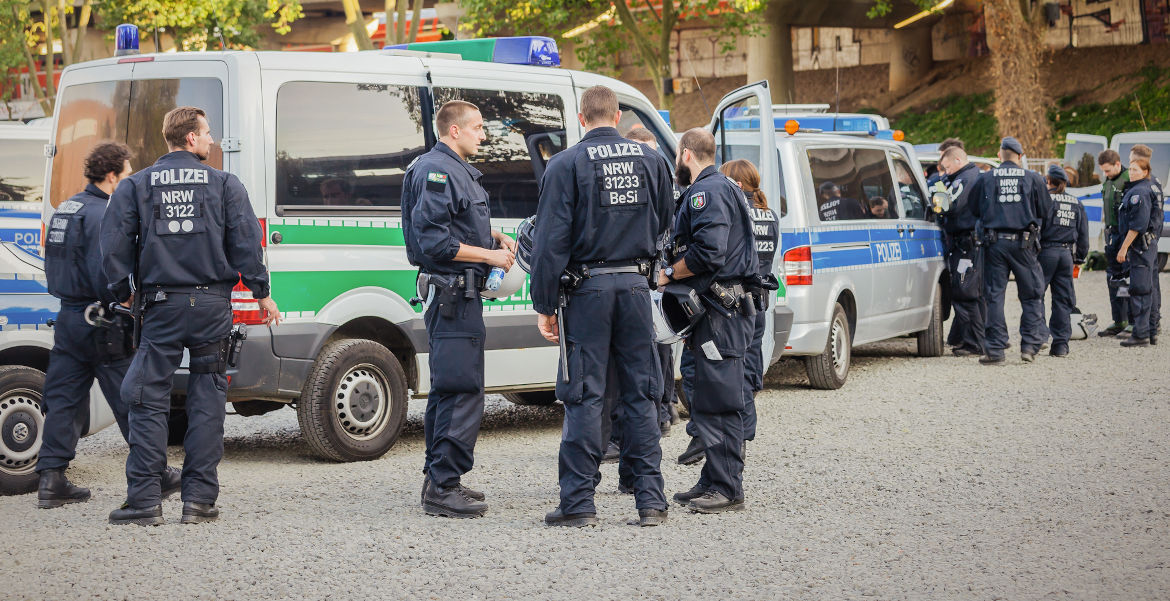On October 27, Bulgarians go to the polls in early parliamentary elections for the seventh time since April 2021. The elections come after repeated failures to form a stable government following the June 2024 vote.
For the second time this year, Bulgaria is electing National Assembly members. The country’s political crisis comes from the inability of the major parties to form lasting coalition governments, with only two out of the last six elections resulting in short-term coalition governments. The most recent attempt followed the June 2024 elections, which resulted in a fragmented parliament.
– The solution to the crisis lies in the hands of the political parties. They must accept that the basis for creating a government coalition should not be thought of after the elections, but well before, said President Rumen Radev.
Public confidence in the political process remains low. A poll by Alpha Research found that 53.6% of Bulgarians do not believe the October election will result in a stable government. As voter fatigue grows due to the frequent elections, turnout is expected to be even lower than in June when voter participation fell to 33%, the lowest since 1989. The repeated political elections have caused significant governance issues in Bulgaria, such as the inability to pass a national budget.
Additionally, Bulgaria’s planned adoption of the euro by January 2025 has been delayed due to failure to meet the Maastricht Criteria. This includes inflation control, budget deficit limits, exchange rate stability, and long-term interest rates.
Ivan Nachev, a political scientist from New Bulgarian University, argues that the ongoing political crisis can only be resolved through significant changes in the political culture of Bulgaria’s parties.
– The parties only think about whether their voters will accept a coalition, instead of thinking that if they form a government with a slightly longer-term horizon and create some kind of [governance] program – it will pay off sooner or later.










